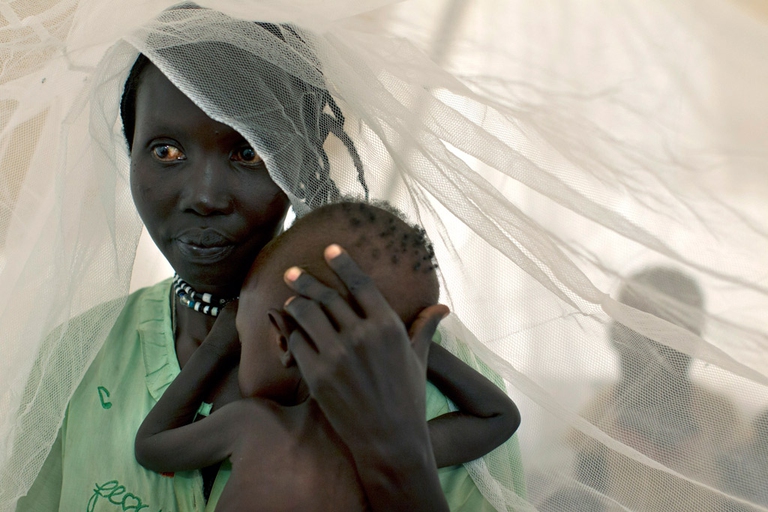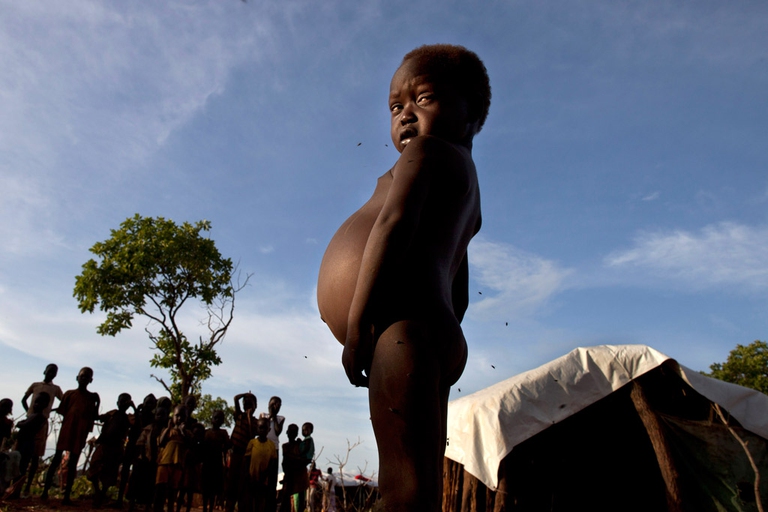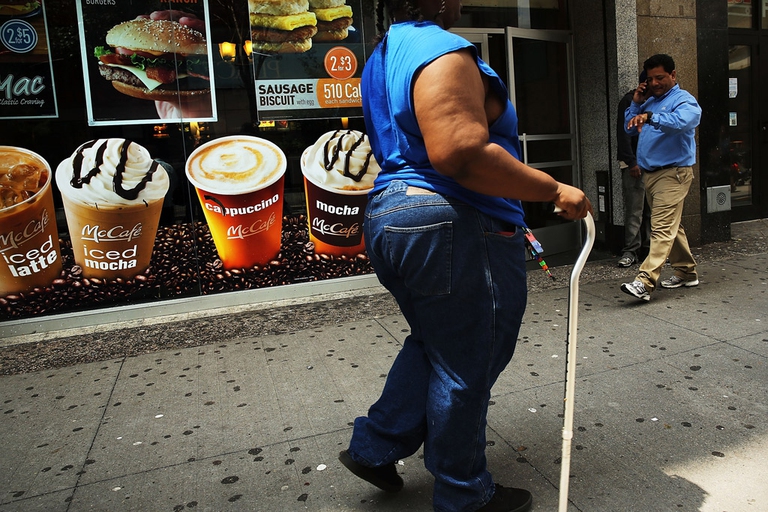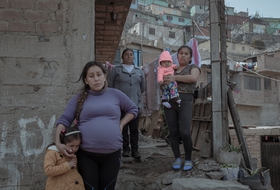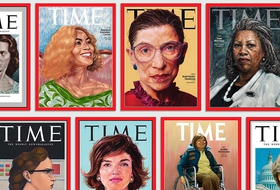
One in three women have suffered physical or sexual violence. With contributions from Europe, Africa, Asia and Latin America, we look at how this shadow pandemic affects every corner of the world.
On 3-4 December 2014 at the Bocconi University of Milan was held the sixth edition of the International Forum on Food and Nutrition of the Barilla Center for Food and Nutrition, where has been presented the Milan Protocol, an international agreement aimed to face the problem of the sustainability of food system. Part of
On 3-4 December 2014 at the Bocconi University of Milan was held the sixth edition of the International Forum on Food and Nutrition of the Barilla Center for Food and Nutrition, where has been presented the Milan Protocol, an international agreement aimed to face the problem of the sustainability of food system.
Part of the event was dedicated to a key issue: the role of women in agriculture. Ertharin Cousin, executive director of the United Nations World Food Programme, introduced the problems of sex discrimination, and low female education consequences on production and health education. Women represent 40% of the agricultural workforce globally. They produce 50% of the food that nourishes the entire planet; yet, female farmers are the ones who suffer from food shortage the most. 805 million people suffer from hunger, and most of them are female farmers. It is a paradox, but farmers are the world’s hungriest category. The reason is that in many countries women don’t have access to education, information, land property, and they cannot purchase tools to improve their labour and, by consequence, their productivity. Lands cultivated by women are 35% less productive than those managed by men: male farmers have more rights than women, due to the prevalence of a patriarchal system. Local governments often act only in theory, whilst citizen’s participation, in particular women’s, doesn’t exist.
The injustice lived by women is also clear in problems linked to children nutrition. Education and equal opportunities for women would ensure a better nutrition for their children.
Next to a global decrease in individuals suffering from hunger, the problems linked to malnutrition, such as obesity, are dramatically increasing, according to the FAO. In the United States, malnutrition effects are clearly visible in women’s bodies. “Obesity depends on women’s education and income, which will influence the food education of the entire family,” affirms Adam Drewnowski, director of the Center for Public Health Nutrition and professor of Epidemiology at the University of Washington. Cheap products are the most attractive and desirable, for this reason, consumers have to be educated to a sustainable and healthy diet, together with physical activity, and they should have conditions that allow the purchase of quality food.
We are living in a century where waste and malnutrition-linked diseases prevail. However, healthy food and habits should be offered to future generations. To do so, social standards, governments’ measures and above all our awareness have to drastically change.
Siamo anche su WhatsApp. Segui il canale ufficiale LifeGate per restare aggiornata, aggiornato sulle ultime notizie e sulle nostre attività.
![]()
Quest'opera è distribuita con Licenza Creative Commons Attribuzione - Non commerciale - Non opere derivate 4.0 Internazionale.
One in three women have suffered physical or sexual violence. With contributions from Europe, Africa, Asia and Latin America, we look at how this shadow pandemic affects every corner of the world.
The Istanbul Convention against gender-based and domestic violence marks its tenth anniversary. We look at what it is, who its signatories are, and what the future might hold.
European Commission President Ursula von der Leyen reminded us of the gravity of violence against women around the world, and of the Istanbul Convention’s utmost importance.
President Erdoğan has pulled Turkey out of the Istanbul Convention, key in the fight against gender violence, claiming that it favours the LGBT community rather than family values.
Violence against women in Peru has increased as a result of Covid-19 lockdowns. 14,912 people were reported missing from January to November 2020, more than half of them minors and 64 per cent women. People have been confined to their homes for months, many forced to endure poor physical, economic and social conditions. A situation that
Joys Estefani Qqueccaño Huamani, 24, disappeared from her rural community in Peru on 9 October. Her family began looking for her independently of the authorities and despite the resistance of relatives of Joys Estefani’s ex-partner Arturo Ccana Condori, 32, charged with committing violence against her on 28 September, eleven days before Joys Estefani disappeared. Photos
Costa Rica celebrated its first same-sex marriage when two women, Alexandra Quiros and Dunia Araya, celebrated their wedding: an “extraordinary moment”.
The pandemic and its restrictions are affecting everyone, without exceptions. However factors like housing, income inequalities, gender, access to technology and working conditions are influencing how people experience the health crisis.
Time magazine’s 100 Women of the Year project sheds light on influential women’s stories, from Amelia Earhart to Greta Thunberg. A selection of some of the greats for International Women’s Day.
